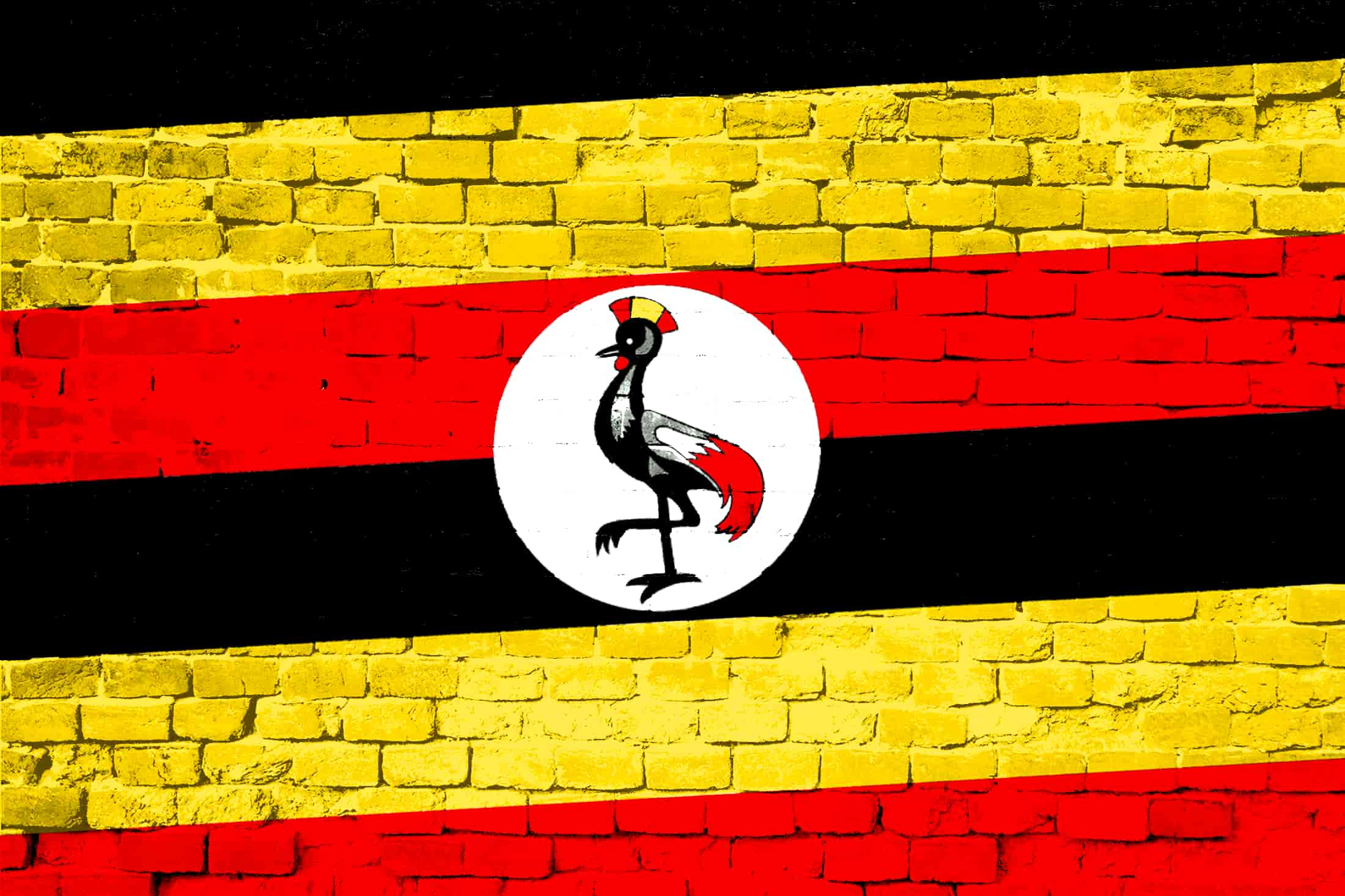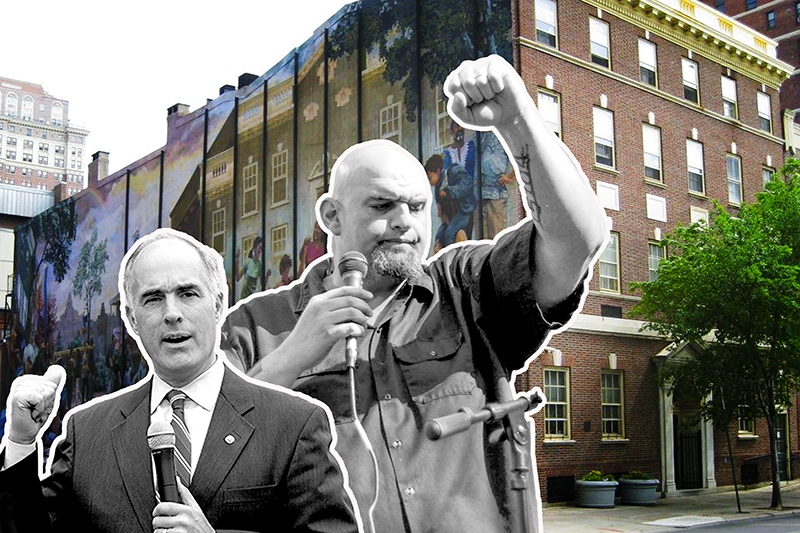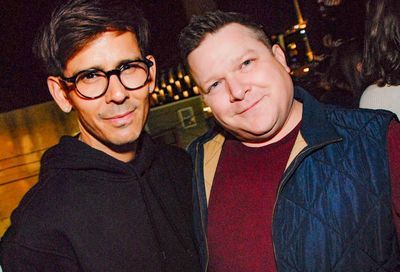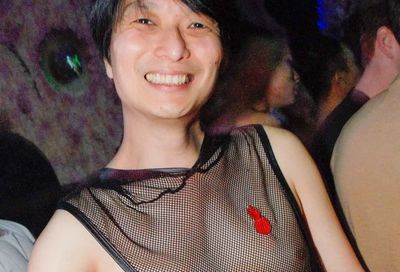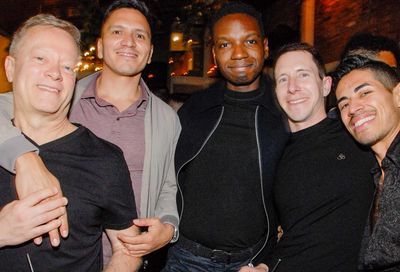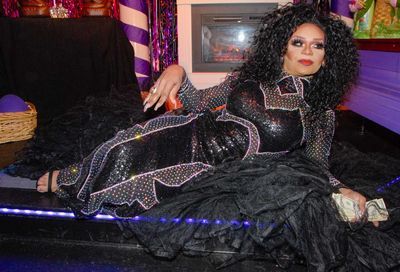BYU moves to restrict student demonstrations after LGBTQ protests
Anti-LGBTQ Mormon university revises rules to prohibit protests on Y Mountain, after students lit the iconic "Y" sign in rainbow colors last March.

Almost 10 months after queer students and allies lit up Brigham Young University’s iconic “Y” sign in rainbow colors to show support for LGBTQ equality, the anti-LGBTQ university has passed new rules to restrict student-led demonstrations and silence what it perceives as dissent against the central tenets of Mormonism.
The demonstration, which took place on the evening of March 4, coincided with Rainbow Day, an annual event organized by Color the Campus, a student-led organization for LGBTQ people and allies.
Each year, as part of Rainbow Day, students dress in rainbow colors and pass out rainbow-colored trinkets to show support for the LGBTQ community on campus. Organizers have repeatedly insisted that the event is not a protest, nor is it intended to be critical of BYU or the Church of Jesus Christ of Latter-day Saints, with which the school is affiliated. However, school administrators appear to view any sign of LGBTQ affirmation — or even neutrality towards LGBTQ issues — as an affront.
In 2021, Color the Campus staged a display in which students used 76 colored flashlights to light up the 380-foot-tall “Y” sign on Y Mountain in rainbow colors. Numerous images of the display were shared on social media. No property damage resulted from the demonstration, which commemorated the one-year anniversary of the “Honor Code betrayal” of 2020, when the Provo-based university removed the section of its student Honor Code prohibiting “all forms of physical intimacy that give expression to homosexual feelings.”
For approximately one month, confusion reigned on campus, with many students believing that the removal of that section meant that the school had changed its stance on same-sex relationships. But on March 4, 2020, administrators clarified that hat same-sex relationships are “incompatible” with church teachings and the underlying principles on which the Honor Code is based, according to the Deseret News.
No students were ultimately disciplined for the rainbow light display, although the university tweeted that the display was not “authorized’ at the time.
Since that demonstration, BYU has approved rules prohibiting student demonstrations on the hillside of Y Mountain, where the “Y” sign is located, as well as locations within university buildings, near places where minors or “vulnerable populations” are present, and locations where “safety is at risk.” BYU has defined a demonstration as “an event that occurs on university property that is not sponsored by the university in which two or more people gather to raise awareness about, or express a viewpoint on, an issue or cause.”
The school has also threatened discipline and retaliation against any student who are perceived as being critical of the university or the tenets of the LDS Church. According to the school’s guidelines, demonstrations may not “contradict or oppose church doctrine or policy,” and may not ‘deliberately attack or deride” the church or its leaders, reports the Salt Lake Tribune.
Some students worry that the new rules are merely a way to silence any critique of the university or its actions. A BYU spokesperson told the Tribune that the rules were changed to ensure student safety, but some students note that the university hosts hiking excursions up to the “Y” for homecoming, seemingly contradicting their concerns about “safety.”
Bradley Talbot, the student who started Color of Campus and organized last year’s rainbow light display, has said he did not consider the lighting a “protest,’ and called the university’s rule changes “a scare tactic.”
“I’m not intimidated by it,” he said. “BYU has always been more afraid of me than I have of them, and I think this is further evidence of that.”
Support Metro Weekly’s Journalism
These are challenging times for news organizations. And yet it’s crucial we stay active and provide vital resources and information to both our local readers and the world. So won’t you please take a moment and consider supporting Metro Weekly with a membership? For as little as $5 a month, you can help ensure Metro Weekly magazine and MetroWeekly.com remain free, viable resources as we provide the best, most diverse, culturally-resonant LGBTQ coverage in both the D.C. region and around the world. Memberships come with exclusive perks and discounts, your own personal digital delivery of each week’s magazine (and an archive), access to our Member's Lounge when it launches this fall, and exclusive members-only items like Metro Weekly Membership Mugs and Tote Bags! Check out all our membership levels here and please join us today!


